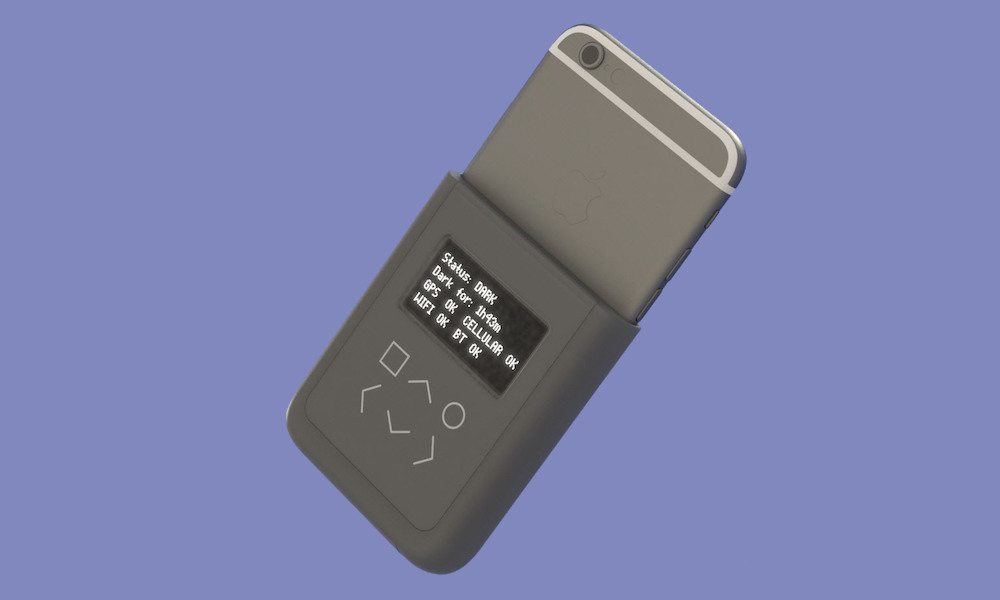Edward Snowden Designs iPhone Case to Alert You if Your Data Is Being Monitored

Toggle Dark Mode
The NSA whistleblower Edward Snowden first came to fame for disclosing details of U.S. global surveillance programs. Since then he has rebranded himself as a privacy advocate, working with various non-profits to raise awareness of wiretapping and to teach everyday citizens how to secure their data from prying eyes.
His latest public offering is an iPhone case that protects its users from radio surveillance. Snowden along with his partner Andrew Huang, a well-known hacker, presented their product designs to the MIT Media Lab today.
The case functions as an “introspection engine” which, when wired into an iPhone, monitors the electric signals that are being transmitted to its internal antennae, Wired reports, providing you with a means of checking whether your phone’s radios are leaking data to third parties.
The add-on features a small monochromatic screen and probe wires which snake into the guts of your iPhone’s circuit board via its SIM card slot, according to Engadget. When retrofitted thusly, your iPhone can send you alerts, emit audible alarms, and even turn itself off using a kill-switch when its radio electric signals are being transmitted when they aren’t supposed to.
As Wired notes, this device is meant to provide more robust security guarantees to its users than merely switching a phone to airplane mode, which is fallible and susceptible to hacking by well-funded and advanced snoops. Advanced malware has been shown to be capable of fooling users into thinking their phones are radio-silent when in fact they aren’t.
Snowden hopes that his introspection engine can provide an invaluable service to front-line journalists, who he calls “high-value targets” who often have very powerful enemies. Reporters operating in hostile territory who need to evade detection by government-funded adversaries can use this device to carry their phones around safely.
Huang notes that, unlike switching a phone off or using a Faraday bag, which is designed to muffle radio noise but isn’t foolproof; the introspection engine is reliable and trustworthy. Journalists can use it to block radio signals and be assured that their smartphones aren’t betraying them while still using them for functions such as recording audio, video, and taking photographs and notes.
As Wired observes, Snowden has a fraught personal history with smartphones. He famously asked journalists to place their smartphones in a hotel mini-fridge before revealing the NSA secrets that made him a household name. Wired reports that he hasn’t carried a smartphone with him since.
As of now, Huang and Snowden only have designs for such a device. The papers, which were presented at MIT, are publicly available. No prototype has been constructed and it is unclear when production models will be available for public consumption.
Would you try to protect information with a case like this? Let us know in the comments below!






